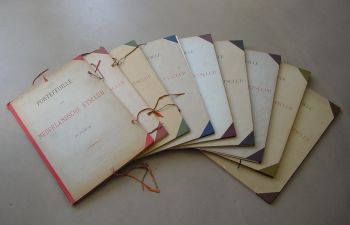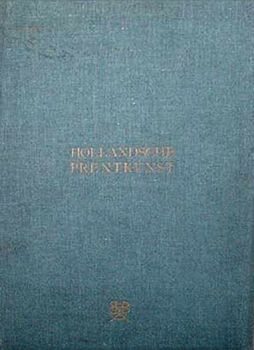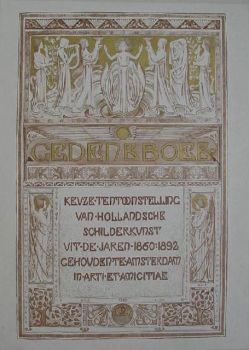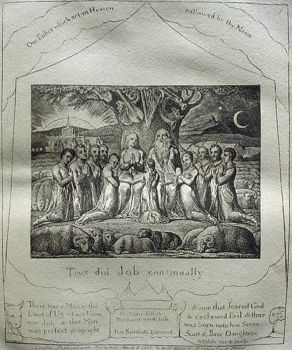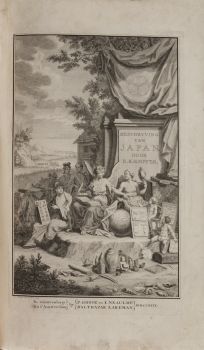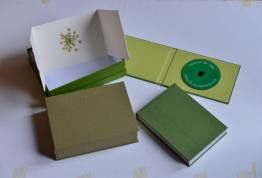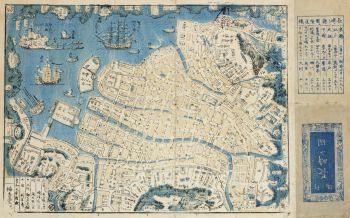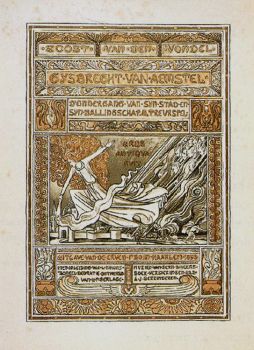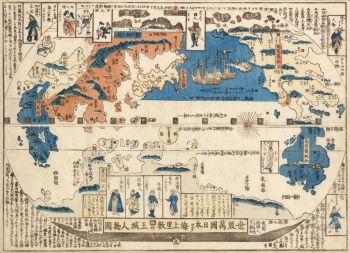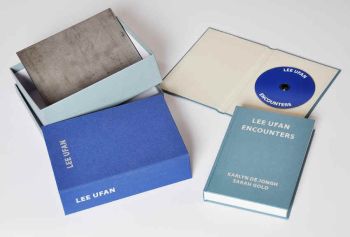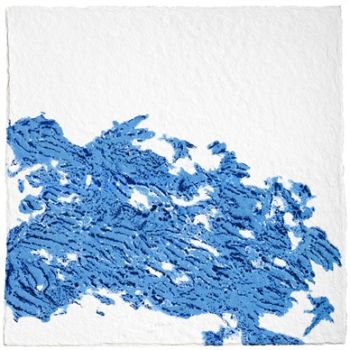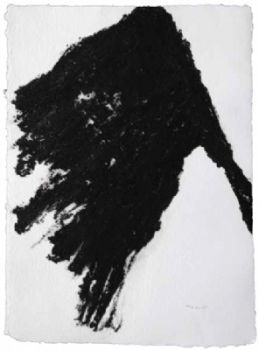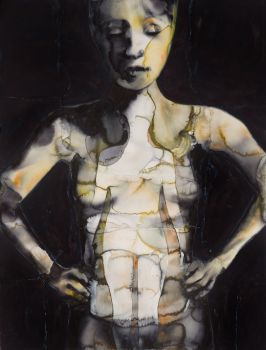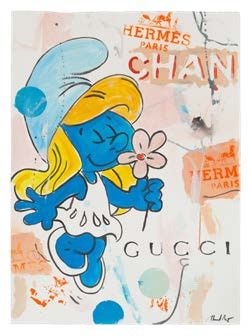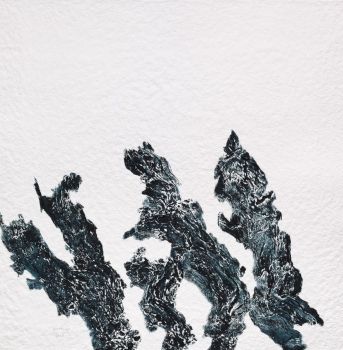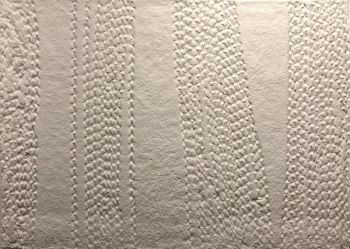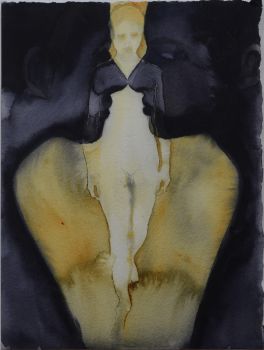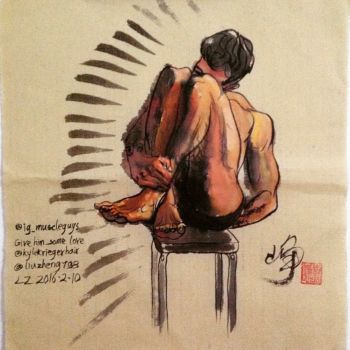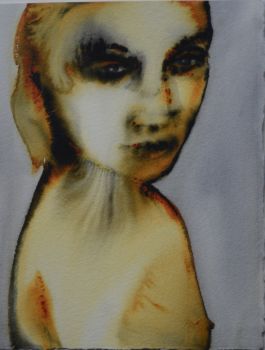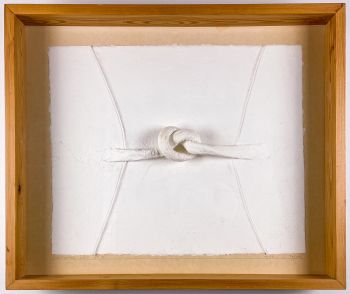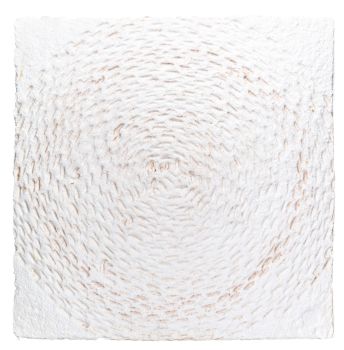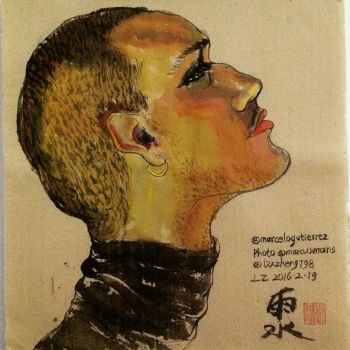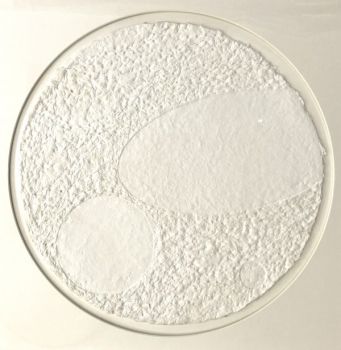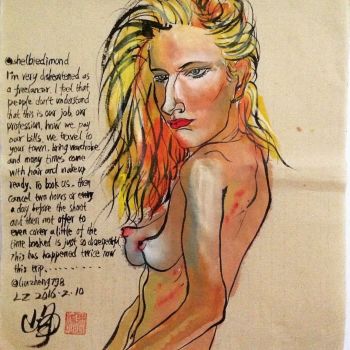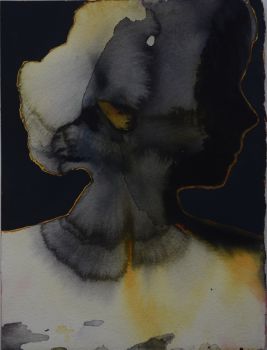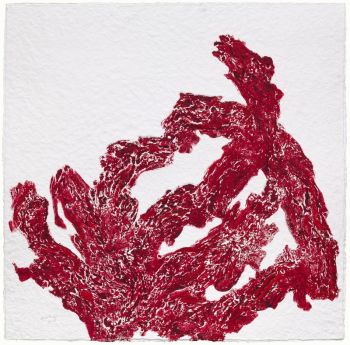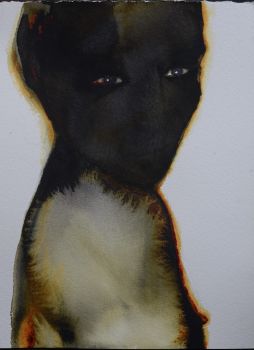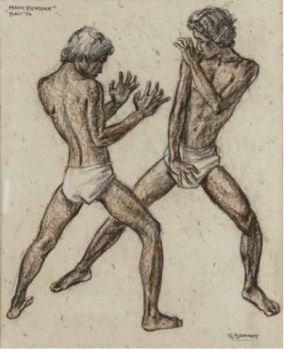Portuguese wars against the Ottoman and Gujarat Muslims for control of the Indian spice trade 1549
Various artists
PapierPapier fait mainCuir
ConditionExcellent
Actuellement indisponible via Gallerease
- Sur l'oeuvre d'artDe bello Cambaico ultimo commentarii tres.
Louvain, Servatius Sassenus de Dienst, January 1549. Small 4to (19.5 x 13.5 cm). With an emblematic woodcut printer's device on title-page, repeated on the last page. Modern sheepskin parchment over flexible boards.
Rare first edition of three Latin commentaries on the Portuguese wars in Gujarat, India, by the great Portuguese humanist Damião de Goes (1502-1574). The title refers to the kingdom of Khambhat around the Gulf of Khambhat in southern Gujarat. The Portuguese had had a strong presence at Diu on the western side of the Gulf of Khambhat since defeating the Sultan of Gujarat and the Mamluks in 1509, even though the Ottoman Empire and the Venetians supported the anti-Portuguese forces. Portugal quickly became the Ottoman Empire's leading rival for control of the region's spice trade. In 1535 the Muslim Sultan of Gujarat, now under attack from the Mughals, made an alliance with the Portuguese and allowed them to build a fortress at Diu, which became a keystone for the defence of the Portuguese colonies and the security of their spice trade on the Malabar coast. Although relations quickly soured, the Sultan of Gujarat was also wary of the growing Ottoman power. When an enormous Ottoman fleet besieged the Portuguese fortress at Diu in 1538 the Sultan of Gujarat provided less than enthusiastic support and the Portuguese were able to hold out through the monsoon season until a large Portuguese relief fleet arrived and forced the Ottomans to withdraw. In April 1546 the Gujarats began a second siege of Diu. The Portuguese sent reinforcements from Goa several times but they proved insufficient until João de Castro, Governor of Goa, whose son had died in the hostilities, came himself with a large fleet and 3000 men in November (once again after the monsoons ended), broke the siege and killed hundreds or thousands of Muslims, including civilians. This solidified Portuguese colonial rule in the region and set the stage for the later British colonization.
With a one word corrected in the margin in a contemporary hand. Some faint browning (only more pronounced one the last leaf), some occasional spots, a few minor smudges and a minimal waterstain in the lower margins, nonetheless still a very good copy. An important source for Portuguese relations with the Muslim world and the Portuguese spice trade in India.
Belg.Typ. 1288; USTC 404904; for the background events: K.M. Mathew, History of the Portuguese navigation in India: 1497-1600, pp. 213-221. - Sur l'artistePlus d'un artiste a travaillé sur cet objet.
Artwork details
Catégorie
Sujet
Matériel & technique
Related artworks
- 1 - 2 / 2
Antonie Derkinderen
Memory book Exhibition of Dutch Painting1892
Prix sur demandeKunsthandel Pygmalion
Engelbert Kaempfer
LIVRE ENGELBERT KAEMPFER1651 - 1716
Prix sur demandeZebregs & Röell - Fine Art - Antiques
Yoko Ono
YOKO ONO: "ARISING" SIGNED BOOK PLUS SMALL ARTWORK 2010 - 2014
Prix sur demandeGallerease Selected
Antonie Derkinderen
Memory book Exhibition of Dutch Painting1892
Prix sur demandeKunsthandel Pygmalion
Engelbert Kaempfer
LIVRE ENGELBERT KAEMPFER1651 - 1716
Prix sur demandeZebregs & Röell - Fine Art - Antiques
1 - 4 / 20- 1 - 4 / 24





